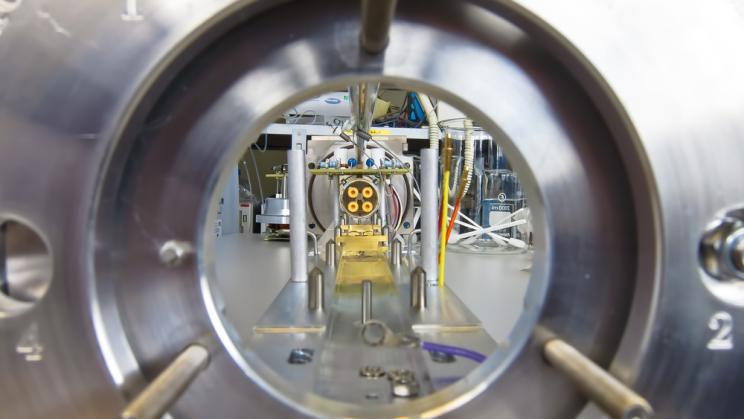
New publication from the EU Non-Proliferation Consortium on the extraction of uranium from phosphate fertilizers and how past events and current international trade practices clearly demonstrate that better-informed export controls and end-user processes are required.
A historical and often overlooked source of uranium for weapons and nuclear power is the extraction of uranium from phosphate fertilizers. In this way, uranium can be acquired legally but in an undeclared fashion, invisible to international commerce and export controls.
The fertilizer industry is not normally seen as an industry that enables nuclear weapon acquisition through the use of dual-use equipment, but past events and current international trade practices, the authors argue, clearly demonstrate that better-informed export controls and end-user processes are required.
One example that the paper highlights is the production of 109 tonnes of uranium in Iraq, which was dedicated to a clandestine weapons programme. The equipment and processes used were European, supplied legally and openly. The International Atomic Energy Agency (IAEA) was unaware of the uranium extraction at the fertilizer plant and it is an important example of the dangers of supplying this technology to a country in the absence of proper export controls.
The paper recommends that European states and industry should be exceedingly careful not to provide uranium-bearing minerals to any state without ensuring that it is subject to appropriate controls. They should also ensure that nuclear material production technology is carefully monitored to verify that it is being used appropriately in the Non-Proliferation Treaty (NPT) states and especially in the nuclear weapon-possessing states outside the NPT.
Read the publication here.
Read more about the EU Non-proliferation Consortium here.